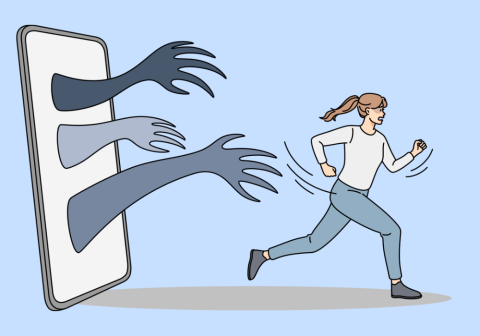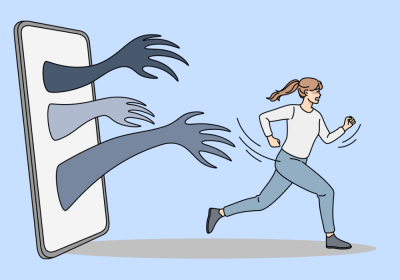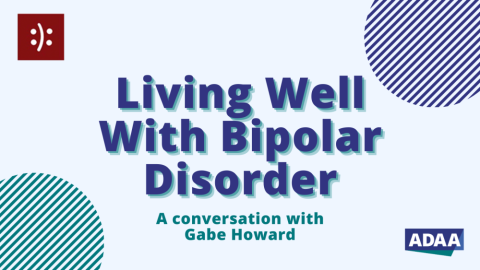Is treatment necessary? Will my child’s anxiety disorder go away on its own? Will he grow out of it?
Like other medical conditions, anxiety disorders tend to be chronic unless properly treated. Most kids find that they need professional guidance to successfully manage and overcome their anxiety. And while family support is important to the recovery process, it is not the cure. (Also beware of any product or program that guarantees a cure or is peddled online or in TV infomercials.) Many licensed mental health professionals have the proper training, education, and experience to properly diagnose and treat your child.
In addition, research shows that children with untreated anxiety disorders are at higher risk to perform poorly in school, to have less developed social skills, and to be more vulnerable to substance abuse. That’s why it’s important to get help as soon as possible.
Your child deserves a future that is free from the limitations of anxiety.
My child has started treatment, but it isn’t working. What should I do?
Most children see signs of improvement within two to six weeks when receiving proper treatment. If you don’t see progress after this time, talk to your child’s doctor or therapist about other options or adjusting the medication dosage level.
If the doctor or therapist is unwilling to try a different treatment method or won’t take the time to listen to your concerns, find another mental health professional who will.
Will my child have to take medication for the rest of her life?
Starting a child on an antidepressant (SSRI or SNRI) does not foretell medication for life. Doctors recommend that initial treatment of childhood anxiety disorders with an antidepressant should be continued for about one year. You and your child’s doctor should regularly assess how well the medication is working; longer medication treatment may be recommended if symptoms persist or reoccur.
There is no evidence that SSRIs and SNRIs are addictive. Ask your doctor how long your child will be taking medication and the changes you can expect to see if the medication is working.
What about side effects of medication?
No medication is 100 percent risk-free. SSRIs and SNRIs are generally tolerated with few side effects. The most commonly reported physical side effects include headache, stomachache or nausea, and difficulty sleeping.
Before prescribing medication, your child’s doctor must determine the presence of any physical symptoms that may be related to medical problems or reflect anxiety. Make sure the doctor reviews side effects with you and your child before starting any medication and monitors for symptoms at follow-up visits. Remember that a small number of children may develop more serious side effects, such as thoughts about suicide.
Talk to your doctor about all medications your child may take, including antibiotics and seasonal medications for allergies.















